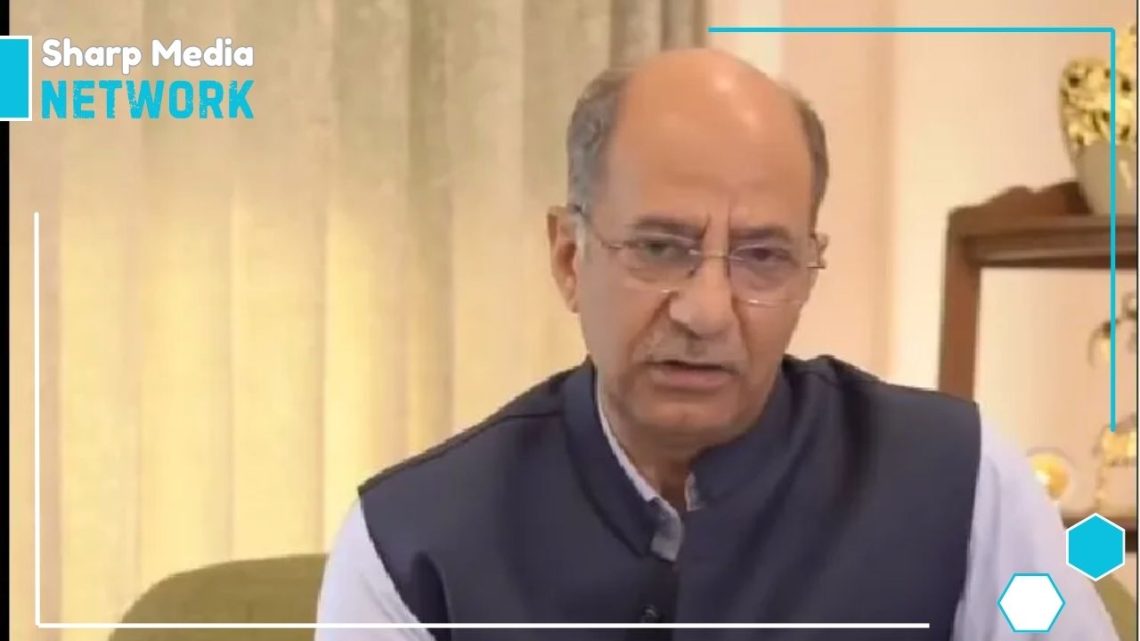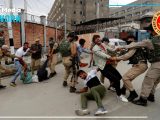
IIOJK CM’s Advisor Reveals India’s Deceptive Intentions
January 7, 2025Will IIOJK ever regain its statehood? The call for restoring statehood echoes louder than ever, driven by mounting frustration and political uncertainty.
The restoration of statehood to Indian Illegally Occupied Jammu and Kashmir (IIOJK) isn’t a mere favor by the Indian government – it’s a basic right. This assertion by Nasir Aslam Wani highlights the core of ongoing discontent.
During his visit to Kupwara, Wani expressed frustration over the Indian government’s lack of action, exposing the superficial nature of its democratic claims in the occupied territory.
Wani firmly stated that statehood is not a matter of negotiation. The people of IIOJK deserve this entitlement as part of their identity and governance.
The Indian Prime Minister and Home Minister have repeatedly promised statehood’s return. Despite these reassurances, nearly four years have passed without visible progress or concrete steps.
This delay suggests a concerning pattern of empty rhetoric, raising questions about India’s sincerity in addressing the political aspirations of the region.
The erosion of Article 370 in 2019 stripped IIOJK of its autonomy. Since then, the absence of statehood has fueled political and social unrest.
Wani’s comments reflect the collective voice of many residents who feel alienated and unheard by the central government’s prolonged inaction.
Restoring statehood isn’t just about governance; it’s about recognizing the dignity and rights of the people who have long lived under uncertain conditions.
As the wait continues, the demand for statehood grows stronger, amplifying calls for accountability and genuine commitment from Indian leadership.
The issue of statehood for IIOJK remains a significant factor in the region’s stability and future. Without meaningful action, mistrust in the political system will deepen further.

